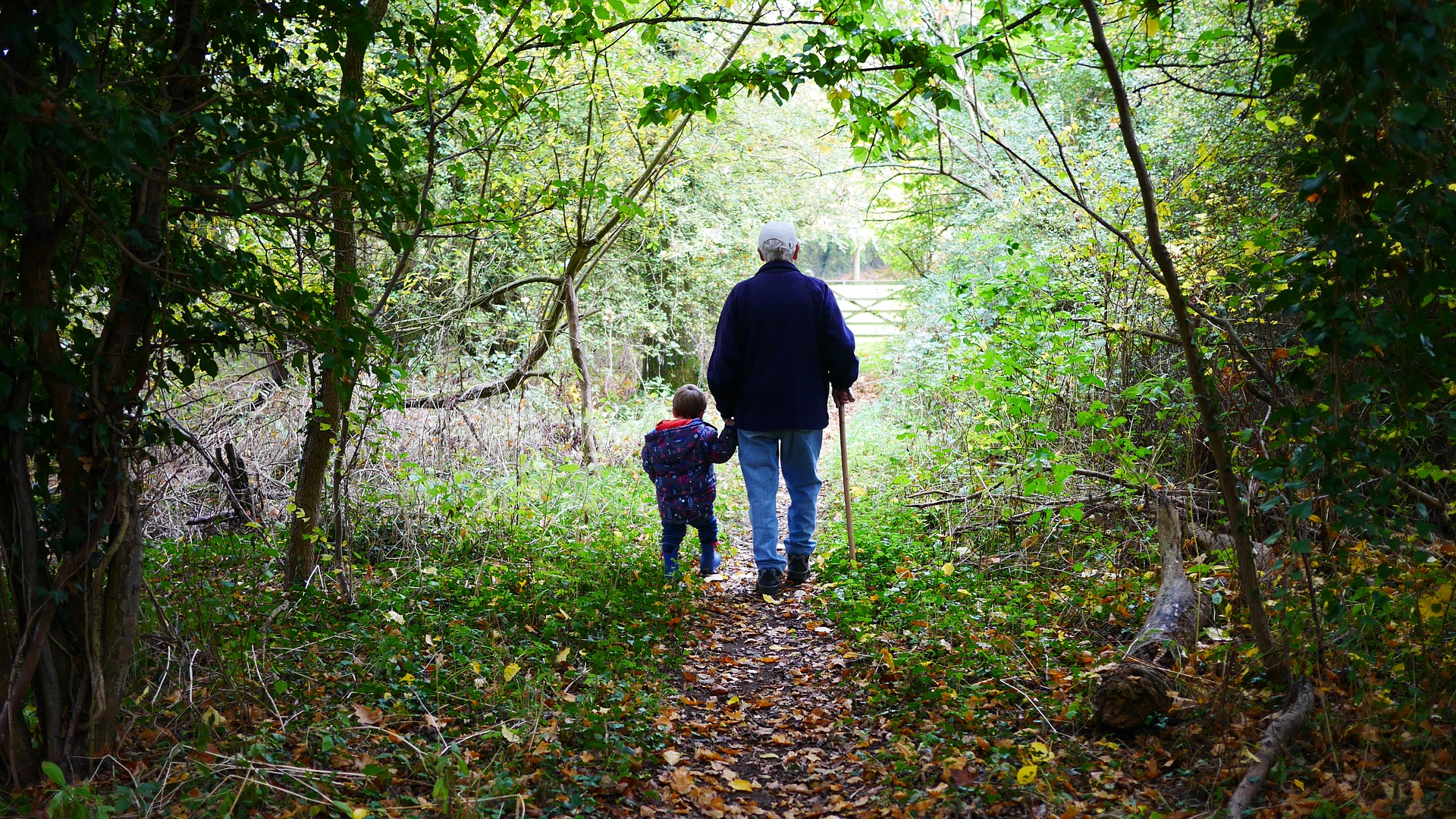While it’s heartbreaking to watch someone we love struggle to cope with dementia, the disease is also hard on those people who surround them. Among those navigating dementia, grandchildren are often the most affected and confused by the sense of loss. Your children may wonder why their grandparent has to move away into a memory care facility. They may ask you why their grandma can’t remember your name or theirs. The conversation regarding dementia isn’t always the easiest to have with a child, but it is necessary to allow the child to process their feelings.
How to Cope with Dementia
While very young children will likely not need to understand, ignoring what is happening with a beloved grandparent is usually not the best course of action with an older child who already enjoys a relationship. It is recommended that you find an age-appropriate way to explain what is happening, so that they aren’t too upset. You can also find ways for the child to help their grandmother or grandfather, so that they don’t feel helpless.
Be honest with your children: While it can be a hard conversation to have, you should always be as honest as possible. Your child should know age-appropriate facts about dementia, explained to them in terms they may understand. There is currently no real cure for dementia. Therefore if their loved one has already forgotten who they are, you should explain that there is a possibility they won’t be able to ever remember them. By being honest with your children about dementia, you help them to know what to expect.
Plan activities for your child and loved one with dementia: You should help your child to continue to see their loved one as a person, not just a family member with dementia. If your loved one is living at an assisted living facility, take your child with you to visit them as often as you can. Elderly people love having visitors and it’ll be nice for your child to visit with them and continue to make memories with their loved one. If your loved one is living with you, encourage your child to spend time with them and to help them as much as possible. Your child can involve them in their hobbies, interests, music they enjoy or videos they like to watch. Finding activities that children can enjoy with their loved one will create memories for them as they grow.
Help them to be Understanding: There will be many noticeable changes in a loved one’s life when they’re living with dementia. Your child may notice that Grandma is calling you by the wrong name and isn’t sure who you are anymore. Your child might hear that your father has wandered off , or meet a hired caretaker. Having a family member with dementia is an opportunity to teach your child to be compassionate and understanding. You can prepare your child for these situations by being honest with them about dementia and when the situation arises, your child will be prepared.
Most importantly, remind your child that their family members love them and that that will never change. It’s to be expected that the relationship will be different; but through honesty, spending time together and understanding, you can have still enjoy a happy family dynamic.
At A Banyan Residence, we’re committed to providing our residents with compassionate care at every stage of Alzheimer’s disease – as well as helping those who love them cope with their dementia. Contact us today to schedule a tour to determine if our memory care facility is right for your family.

